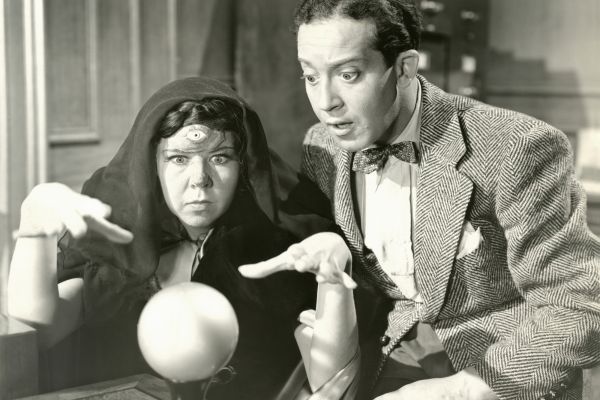
Affective Forecasting
Affective forecasting, also known as hedonic forecasting, is predicting how you will feel in the future. Researchers had long examined the idea of making predictions about the future, but psychologists Timothy Wilson and Daniel Gilbert investigated it further. They looked into whether a person can estimate their future feelings. For example, would marrying a certain person bring you happiness? Or would moving to a new city boost your mood? The researchers coined the term affective forecasting in the 1990s.
Contents
In Wilson and Gilbert's research, they found that people misjudge what will make them happy and have trouble seeing through the filter of the present. They also discovered that how people feel in the moment blinds them, coloring the decisions they will make down the road. Because of this, affective forecasting is unreliable in decision-making.
People tend to be inaccurate in forecasting how they might feel later. They also tend to overestimate how positive or negative they would feel about future situations. An example might be wishing to purchase a luxury car. You might anticipate immense and extended joy when you finally buy that car, however over time, the joy of owning that car will dissipate.
You can try to plan for the worst outcome, or you can try to anticipate the pleasure that might come. But instead of making assumptions about how you might feel in any given situation, you could try speaking to people who have experienced the situation themselves.
You might not know it, but affective forecasting finds its way into daily living. On the morning of a work meeting, you anticipate the day with dread and guilt, as the boss seems unhappy all of the time. Of course, you forecast for the worst outcome. The same happens with positive daily events. You anticipate a joyful evening with a good friend, looking forward to sharing your ups and downs with someone who cares. And, of course, you forecast happy feelings.
Older adults tend to be better at forecasting the future. This is largely because older people might pull from their past experiences. They know that the elated feeling they felt after purchasing that luxury car did not last as long as they had estimated.
Our present self thinks that our future self will be more motivated. Therefore, our present self is eager to procrastinate and put off being productive. Staying with an exercise or fitness program is a good example of this thinking. Why bother working out now when you’ll be more inclined to do so tomorrow?

There are various related tendencies that can work in tandem with affective forecasting. For example, we all deploy a bit of false consensus, whereby we think that everybody thinks like we do and wants what we do. Some of us also do not think about the needs of our future selves; time discounting is a focus on what matters today and not so much on what matters tomorrow.
This is the tendency to project one’s current preferences into the future. However, what one wants now may not be the same at a later date. A person’s momentary emotional state has a lot of influence over their future selves.
People think about what they want in this very moment, but not necessarily what they might want in the future. Saving money is one example of not having much regard for your future self: Stashing cash away now means you cannot buy that luxury car now. Yet, saving money now will mean more gain for you in the future.
This is the inclination toward focusing on certain details of an event and disregarding others. People may underestimate how an event will influence their thoughts and feelings. For example, if a person has just eaten a meal, then goes grocery shopping, that person will be less likely to anticipate future hunger, resulting in less food in the cart than they might actually need.
We tend to be poor judges and overestimate how long or how intense our happiness or sadness might be in any given situation. The joyous occasion of a wedding, for example, might give you the feeling that super elation will extend for a long time to come. Yet the honeymoon period might be far shorter than previously anticipated.














